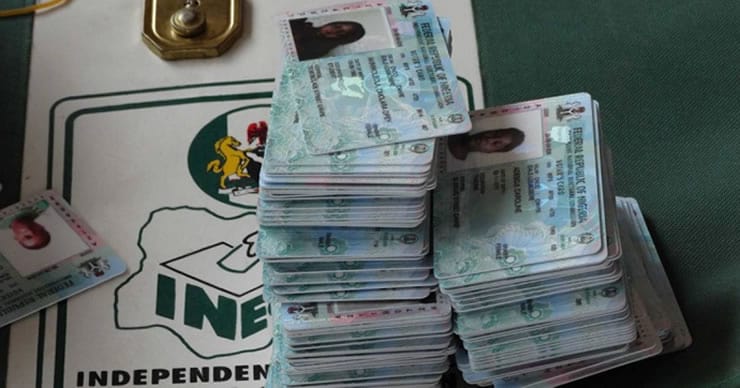Nigeria News
2019 Elections: INEC Releases Official Guidelines For Electoral Process

See Guidelines For This Year’s Electoral Process
All is almost set for this year’s general election as the Independent National Electoral Commission (INEC) has released the guidelines for the exercise yesterday.
Recall that INEC had insisted on its timetable for the elections, that the Presidential elections will take place first.
Before the official release by INEC, recall Naija News earlier reported that CUPP and IPAC recently rejected some clauses in the guidelines — including simultaneous accreditation and voting — and threatened to sue INEC over the matter.
INEC also introduced some changes, one of which includes, the simultaneous conduct of the accreditation and voting processes.
Unlike in the past when voters get accredited and return at a later time for voting proper, a voter will now be able to cast his or her vote the moment they get accredited.
“Accreditation and voting shall commence at 8.00am and close at 2:00pm, provided that all voters already on the queue by 2:00pm shall be allowed for accreditation and voting,” the guidelines read.
“The accreditation process shall comprise reading of the Permanent Voter’s Card (PVC) and authentication of the voter’s fingerprint using the SCR; checking of the Register of Voters and inking of the cuticle of the specified finger of the voter.”
Card Reader Usage
The guidelines noted that in the case where a smart card reader malfunctions, voting will be suspended till a new card reader arrives.
“(b) Where a replacement Smart Card Reader is not available by 2:00pm, the Presiding Officer or APO(VP) as the case may be shall: i. inform the Supervisory Presiding Officer (SPO), the Electoral Officer (EO), and the Electoral Operations Support Centre (EOSC) of the situation; ii. file a report of the incident; and iii. inform the voters and polling agents that accreditation and voting for the affected Polling Unit, Voting Point Settlement, and Voting Point shall continue the following day,” it read.
“(c) Where a Smart Card Reader (SCR) is replaced in the middle of an election, the data of verified voters in the faulty SCR shall be merged with data in the replacement SCR for purposes of determining the number of verified voters.”
On Use Of Phones.
The guidelines further stated: “Telephones and other electronic devices capable of taking pictures are not allowed in voting cubicles. Voters may come to the Polling Unit with telephones and other electronic devices provided that they do not take them to the voting cubicles or take pictures of other oters while they are voting.”
When A Voter Is Not Eligible
INEC listed some cases where a voter is not eligible to vote in a particular polling unit, even though they may be in possession of a PVC.
According to the guidelines, “where a voter’s PVC is read but the name of the voter is not on the Register of Voters, APO II shall refer the voter to the PO or APO (VP) who shall politely request the voter to leave the Polling Unit.
“(d) In the event that the PVC fails to be read by the Smart Card Reader, the APO I shall refer the voter to the PO or APO (VP) who shall politely request the voter to leave the Polling Unit.
“Any person who presents the PVC of another person with an intention to use it to vote, shall not be allowed to vote and may be liable to arrest and prosecution.”












